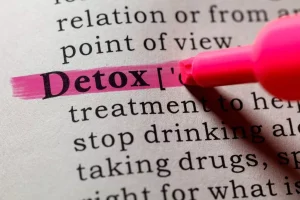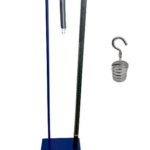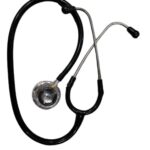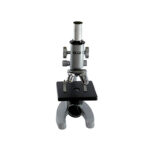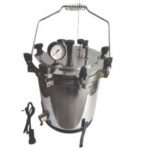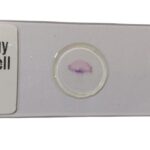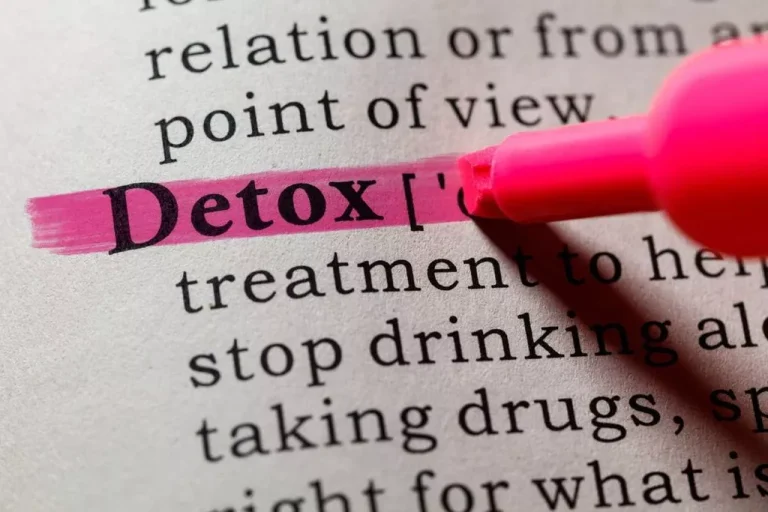
Jessica Miller is the Editorial Director of Addiction Help. Informed by her personal journey to recovery and support of loved help with alcohol ones in sobriety, Jessica’s empathetic and authentic approach resonates deeply with the Addiction Help community. Therefore, anyone quitting alcohol should consult with a doctor or healthcare professional to ensure their safety during the detox process.
- Many people struggle with controlling their drinking at some point in their lives.
- Overall, gather as much information as you can about a program or provider before making a decision on treatment.
- A doctor may refer you to a counselor or other treatment program to help you learn those skills and coping strategies.
- Counseling for adolescents may use different techniques and often places much greater emphasis on family therapy.
- Get treatment for your alcohol addiction right now and start taking your life back.
Get Treatment Help Now
- Dr. Hoffman is the Co-Founder and Chief Medical Officer of AddictionHelp.com and ensures the website’s medical content and messaging quality.
- The Navigator can help you find some mutual-support groups to consider.
- You can help them put together a care plan that combines some or all of these choices.
Many treatment plans begin with a detoxification program to help treat withdrawal symptoms after you stop drinking alcohol. Residential treatment programs typically include licensed alcohol and drug counselors, social workers, nurses, doctors, and others with expertise and experience in treating alcohol use disorder. Find alcohol treatment programs with the Navigator’s simplified search tool. It draws from a national database kept by the Substance Abuse and Mental Health Services Administration (SAMHSA). Contact your primary care provider, health insurance plan, local health department, or employee assistance program for information about specialty treatment. Evaluate the coverage in your health insurance plan to determine how much of the costs your insurance will cover and how much you will have to pay.
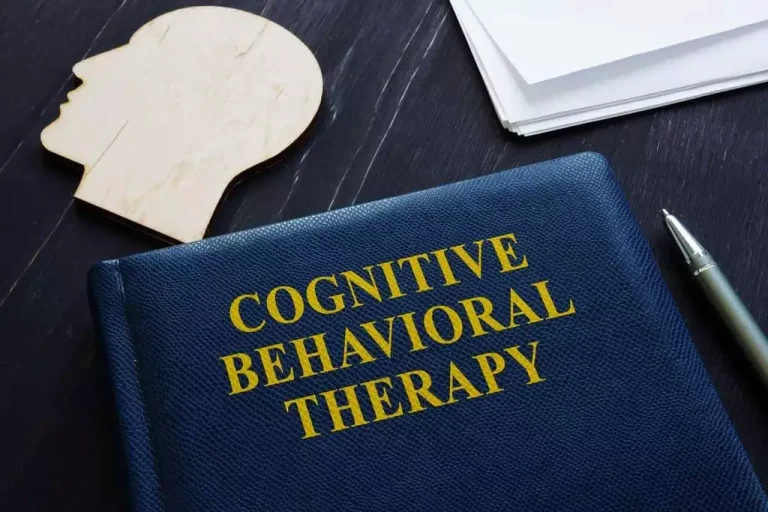
Helping a Loved One with Alcohol Addiction

These conditions are known as co-occurring disorders when they exist alongside alcohol addiction. Support can come from family members, friends, counselors, other recovering alcoholics, your healthcare providers, and people from your faith community. These individuals may not know that there are options for drug addiction help. Free rehab centers and public assistance for rehab do exist. Exploring treatment avenues such as these is a good idea as it may reveal detox programs and other recovery options available to you at little or no cost.
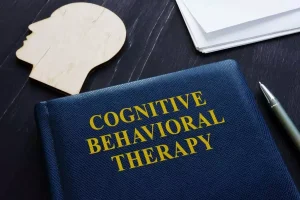
Alcohol use disorder
- If they are able to search for care on their own, share the link to the Navigator Patient FAQ on finding telehealth and online options.
- After completing your initial treatment program, you will likely want to join a peer support group or recurring meetings to help you maintain your abstinence from alcohol.
- The most severe withdrawal symptoms generally surface within the first 24 to 48 hours after your last drink.
Ideally, you will want to find a provider that goes above and beyond those minimum credentials. If you’re choosing among several providers, try to choose one with these “above and beyond” credentials. If you are unable to find a provider using the directories in the NIAAA Alcohol Treatment Navigator®, we offer some other suggestions in separate FAQs about therapists, programs , and physicians. The Navigator can help you find what is Oxford House some mutual support groups to consider.
- This guide is written for individuals—and their family and friends—who are looking for options to address alcohol problems.
- In these cases, see above to find telehealth options for professional care.
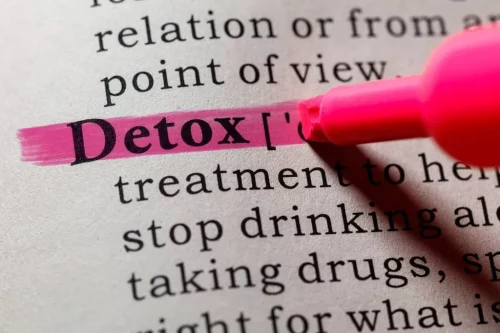
Successful interventions are often planned from start to finish, making the path to recovery clear to the addict. By sticking to the script and following your alcohol intervention plan closely, you’re more likely to get your loved one to agree to a treatment plan. Professional interventionists are healthcare professionals who specifically have training and experience in alcohol interventions, which can mean the difference between success and failure. Alcohol dependence occurs when a person’s body develops a tolerance for alcohol, and they need to consume more of it to feel its effects. Physical dependence can result in cravings and can cause users to experience withdrawal symptoms if they go too long between drinking sessions.
Our caring staff can answer questions about treatment facilities https://ecosoberhouse.com/ and help find the right program for you. Relapse prevention techniques like therapy, counseling, support groups, and medication may help a person remain abstinent from alcohol. While not everyone who drinks will become an alcoholic, heavy drinking over a long period of time makes it more likely that a problem will develop.
